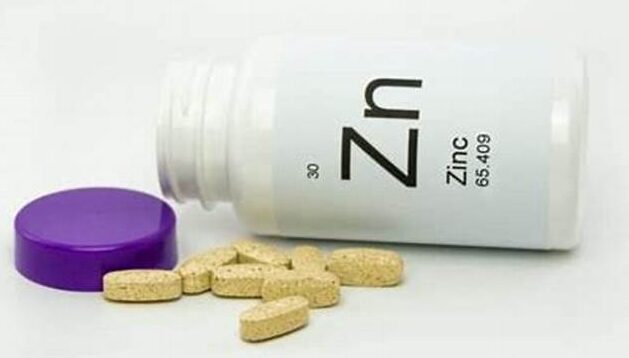
Importance of Zinc for Human Health
The Importance of Zinc in the Human Body
Zinc is a vital mineral that plays a crucial role in many of the body’s physiological functions. Although required in relatively small amounts, it has a significant impact on immune function, protein synthesis, wound healing, and DNA synthesis. Zinc is present in every cell of the body and is particularly abundant in organs like the liver, kidneys, and pancreas. importance of zinc, its deficiency diseases, and sources are explained below.

Benefits of Zinc
- Boosts Immune System: Zinc is essential for maintaining a strong immune system. It helps in the production and activation of T-lymphocytes, which are responsible for fighting infections. Zinc deficiency can impair immune response, increasing susceptibility to illnesses.
- Supports Growth and Development: Zinc is crucial for proper growth, especially during pregnancy, childhood, and adolescence. It plays an essential role in cell division, tissue growth, and the development of the brain and nervous system.
- Aids in Wound Healing: Zinc accelerates the process of wound healing by promoting cell regeneration. It helps reduce inflammation and supports collagen production, which is vital for tissue repair.
- Regulates Hormonal Activity: Zinc contributes to hormone regulation, particularly in the thyroid and sex hormones like testosterone and estrogen. Adequate zinc levels are necessary for maintaining reproductive health and fertility.
- Promotes Healthy Skin: Zinc is often used to treat skin conditions like acne, eczema, and psoriasis. It helps in controlling the production of sebum, reduces inflammation, and accelerates the healing of skin lesions.
Zinc Deficiency and Related Diseases
Zinc deficiency can have wide-ranging effects on health, as this mineral is involved in many biochemical processes. Common deficiency symptoms and related diseases include:
- Growth Retardation: In children, zinc deficiency can lead to stunted growth and delayed sexual development. Zinc is essential for proper cell growth and division, so a lack of it can slow down overall growth.
- Weakened Immune System: A deficiency of zinc compromises the immune system, making individuals more susceptible to infections, particularly respiratory illnesses and diarrheal diseases.
- Skin Disorders: Insufficient zinc levels can lead to skin conditions such as acne, eczema, and delayed wound healing. In severe cases, it may cause dermatitis and hair loss.
- Cognitive Impairment: Zinc deficiency is linked to mental health issues, such as depression and cognitive decline. It may also contribute to learning disabilities, particularly in children.
- Hypogonadism: Low zinc levels can result in impaired sexual function and fertility, particularly in men, leading to low testosterone levels and reduced sperm production.
Food sources with Zinc
- 1. Oysters
- 2. Grass-fed beef
- 3. Beef liver
- 4. Lamb
- 5. Hemp seeds
- 6. Pumpkin seeds
- 7. Cashews
- 8. Sunflower seeds
- 9. Lentils
- 10. Turkey breast
- 11. Eggs
- 12. Sardines
- 13. Shiitake mushrooms
In conclusion, importance of zinc is for overall health and well-being. A balanced diet that includes zinc-rich foods or supplements when necessary, can help prevent deficiency and its associated health problems.